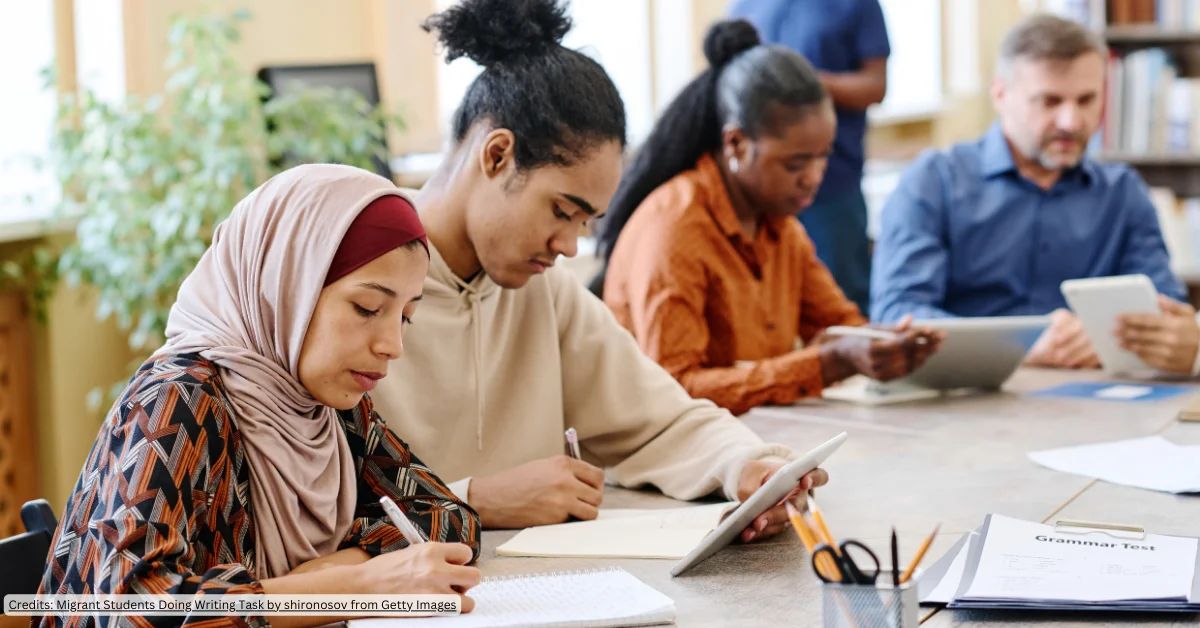A previously unpublished report reveals the United Nations knew about the sex-for-food scandal inside the foreign aid industry for more than a decade.
More than 40 organisations have been implicated in the scandal, according to the 84-page report, which was conducted by a research team for the United Nations High Commissioner for Refugees (UNHCR) and Save the Children in 2001.
The team was researching refugee camps in West Africa and identified organisations “whose workers are alleged to be in sexually exploitative relationships with refugee children.”
The report, which was handed over to the UN in 2002, has been obtained by The Times, the same newspaper that was responsible for exposing Oxfam’s most senior staff for using prostitutes and covering up the details in February of this year.
As part of the ongoing investigation, The Times revealed 15 international organisations, including UNHCR, the World Food Programme and British Charities Save the Children, Médecins Sans Frontières, Care International and the International Federation of Red Cross Societies.
The Commons International Development Committee has also obtained a copy of the report and is currently conducting an inquiry into sexual exploitation in the humanitarian sector.
Pauline Lathan, a Conservative MP and a member of the committee, said the document was “very important to our inquiry because it shows the aid sector has had a problem for many years but has failed to sort itself out and now is the time for renewal.”
The report revealed that women in a camp in Guinea said that sex would be traded for basic food, with a Liberia teenage girl adding: “These NGO workers are clever, they use ration as bait to get you to have sex with them.”
Many parents reported that they would use teenage daughters “to make ends meet”, with one woman saying: “If your family does not have a girl, your family is in crisis.”
Sex was demanded in return for not just food but for basic access to aid, education, materials for shelters and temporary jobs. It was reported that sometimes girls were given a little money in return, but at best it came to an equivalent of 10 US cents.
A refugee leader in Guinea told the authors of the report: “If you see a young girl walking away with tarpaulin on her head you know how she got it.”
The research team spoke to around 1,500 people and documented allegations of exploitation and abuse against 67 individuals. The inquiry focused on established camps where people had sought safety and shelter.
Most shockingly, the report found a “code of silence” among aid workers who would not report their colleagues for sexual misconduct and exploitation. Refugees were not able to report the abuse as they would have to go through these aid workers.
The UNHCR previously wrote to all the NGOs and agencies mentioned in the report and made them aware of allegations. The letter identified 43 abuse allegations in West Africa and said it had initiated “specific preventative and remedial actions.”
Former UN High Commissioner, Ruud Lubbers, who resigned in 2015 amid sexual harassment claims, told CNN exploitation by humanitarian workers was “simply not a reality”, adding: “We have to find concrete evidence. It’s very scarce.”
Christine Lipohar of Save the Children, one of the co-authors of the report, said she had been “frustrated and annoyed” at Lubbers undermining the findings.
“Good systems for preventing and responding were developed on paper, but have not been effectively and consistently rolled out in all locations; so implementation is often reliant on individuals committed to the issue.”
The report notes further investigation is needed, adding: “The number of allegations documented, however, is a critical indicator of the scale of the problem.”
- Naomi Neilsonhttps://thirdsector.com.au/author/naomi-ts/
- Naomi Neilsonhttps://thirdsector.com.au/author/naomi-ts/
- Naomi Neilsonhttps://thirdsector.com.au/author/naomi-ts/
- Naomi Neilsonhttps://thirdsector.com.au/author/naomi-ts/











